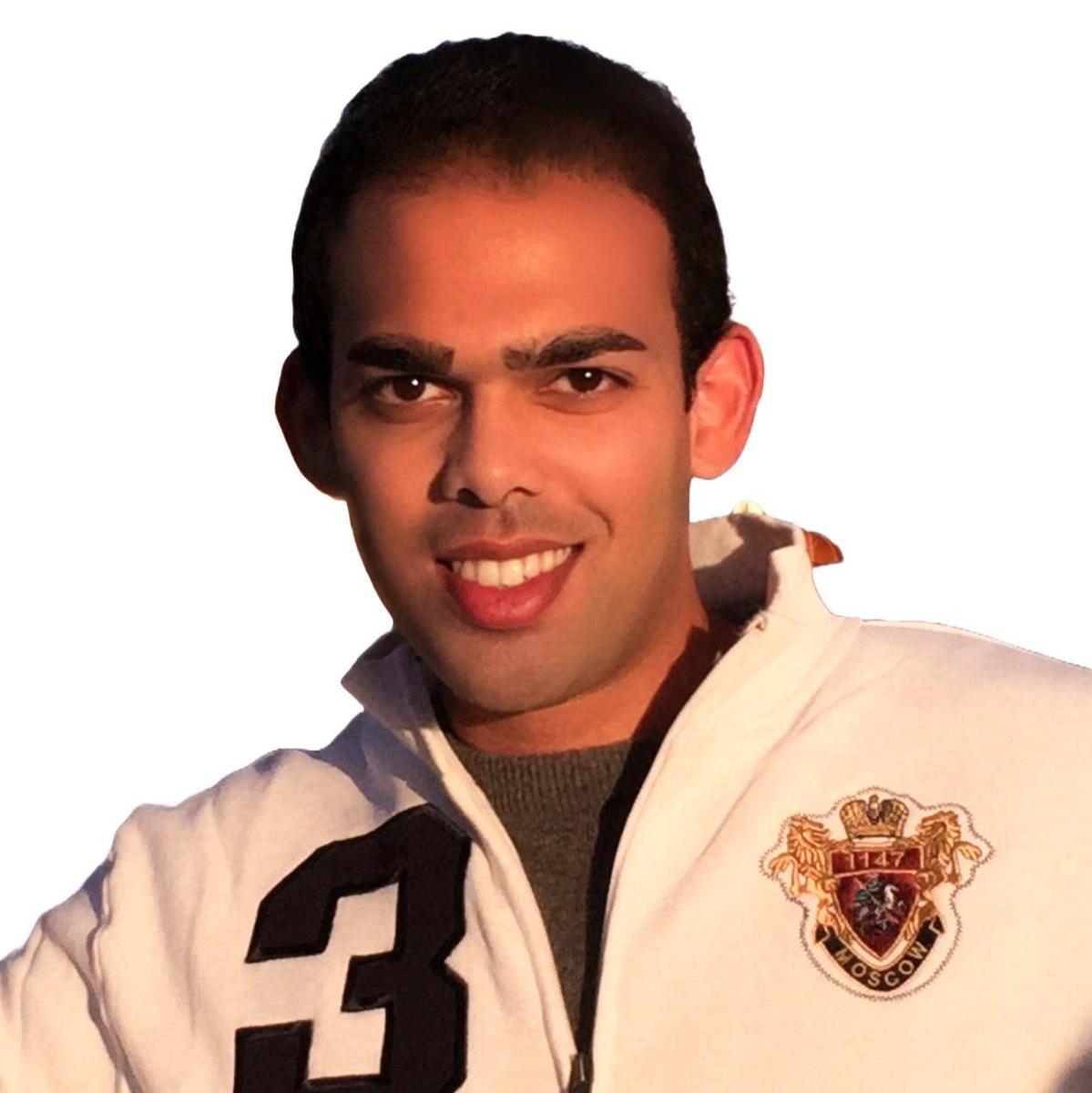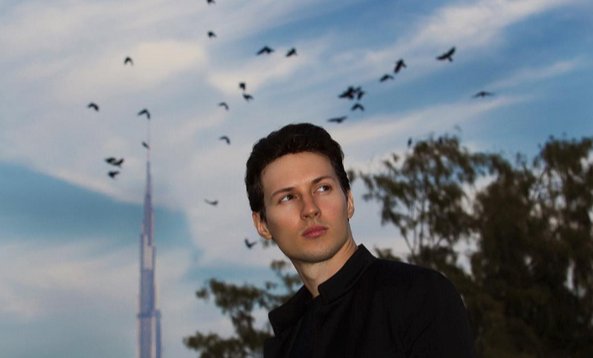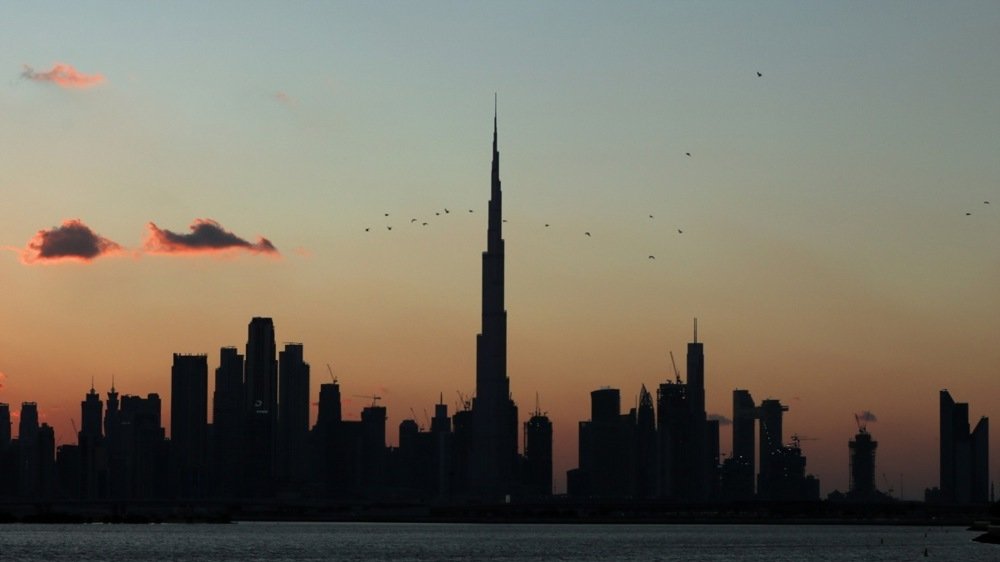On 25 August, 39-year-old Russian multi-billionaire Pavel Durov was detained at Le Bourget Airport outside Paris upon arrival from Azerbaijan by private jet. The CEO of Dubai-headquartered messaging app Telegram was held in custody by local authorities for nearly four days before being released on a €5 million bail, yet barred from leaving France amid an ongoing formal investigation into the platform’s alleged failure to tackle the proliferation of criminal activity on the platform.

Saahil Menon
independent wealth advisor based in Dubai
Durov shot to fame in 2006 when he and his brother Nikolay co-founded VKontakte, now VK, a wildly popular social media site throughout the post-Soviet space dubbed Russia’s answer to Facebook, in St. Petersburg. Upon being forced out of VK in 2014 and hounded out of Russia shortly thereafter for refusing to play ball with the FSB, the self-styled “free speech absolutist” fled to an even more tyrannical and totalitarian jurisdiction than his homeland.
For Durov, however, relocating to Dubai was not just about taking advantage of its pro-business, tax-friendly environment or being a big fish in a small pond. Rather, he felt as though his life was in far less danger there than it would have been in cities such as Berlin or London, where the Kremlin has a track record of liquidating undesirables.
Mossad’s 2010 assassination of senior Hamas commander Mahmoud al-Mabhouh in Dubai, after which Israeli undercover agents posing as European tourists were caught red-handed, proved that the UAE was, and still is, a police state par excellence with hidden surveillance cameras in every nook and cranny of the federation.
Apart from it being devilishly difficult for even the most seasoned intelligence operatives to get away with carrying out a premeditated murder on Emirati soil, putting a bounty on Durov’s head while he was domiciled in Dubai would have been tantamount to diplomatic suicide since his resettlement coincided with Russia’s annexation of Crimea and its subsequent falling out with the West.
Were he to set up shop and pursue activism in a legacy European capital instead, the “Russian Zuckerberg” would have been regarded as fair game by his country’s secret services. Although ties between Russia and the UAE were nowhere near as buoyant a decade ago as they are today, it is conceivable that a deal had been struck between Vladimir Putin and the mercantile ruler of Dubai Mohammed Bin Rashid Al Maktoum to get Durov out of the Kremlin’s hair — much like the late Wagner boss Yevgeny Prigozhin’s post-mutiny banishment to Belarus. After all, this was a mutually-beneficial arrangement for both parties.
In light of the 2011–12 Arab Spring that shook the entire Middle East and North Africa region and prompted paranoid Gulf monarchs to adopt a zero-tolerance approach towards those who “disturb public order”, Putin was convinced that Emirati law enforcement agencies would keep a lid on Durov’s outspokenness.
The UAE, in turn, earned bragging rights for hosting a Russian tech prodigy who would ultimately go on to become West Asia’s wealthiest inhabitant in 2022 with an estimated net worth of €13.9 billion while emerging as a de facto brand ambassador for Dubai’s nascent start-up ecosystem at the time.

Pavel Durov in Dubai. Photo: Instagram
The Emirati leadership’s longevity hinges on a social contract whereby its people are looked after financially and offered cushy, do-nothing ministerial jobs in exchange for staying out of politics and forgoing civil liberties. A by-product of this unwritten quid pro quo is that it has churned out a generation of entitled, unenterprising Emirati millennials addicted to government largesse. Knowing full well that any state-led effort to upskill the pampered indigenous population and foster organic innovation would be a fool’s errand, Abu Dhabi has instead resorted to poaching and, in rare instances, naturalising foreign talent.
Durov was among the lucky few to receive citizenship three years ago in a country notorious for treating its expatriate community with contempt and giving guest workers their marching orders once their professional tenure is up. The fact that he obtained a St. Kitts and Nevis passport months before leaving Russia “as a convenient thing to travel to the EU and Britain without visas” indicates that he had no real expectation of ever becoming a UAE national or spending a prolonged period of time in Dubai for that matter. Another Kremlin-linked oligarch who now calls himself a proud Emirati is 52-year-old fertiliser baron and philanthropist Andrey Melnichenko.
The Emirati leadership’s longevity hinges on a social contract whereby its people are looked after financially and offered cushy, do-nothing ministerial jobs in exchange for staying out of politics and forgoing civil liberties.
A year before he was sanctioned by the EU, US and UK following the Russian invasion of Ukraine, Melnichenko acquired UAE citizenship under similarly murky circumstances, not least as he had been a full-time resident of Switzerland at the time. This begs the question whether the oil-rich sheikhdom is running a covert fast-track citizenship scheme for the Russian elite.
If so, it is incumbent on the Group of Seven economies to flag the Kremlin’s bagmen who procured Emirati passports in questionable circumstances and impose punitive measures equivalent to the Magnitsky sanctions on the UAE’s ruling elite for facilitating such a racket.
Abu Dhabi leaping to Durov’s defence is largely intended for domestic consumption as opposed to any genuine concern on the leadership’s part about his well-being. The UAE, which former US Defence Secretary James Mattis labelled “Little Sparta”, wants to be seen as standing up to a major European power such as France while also reminding Emirati natives outraged at the Abraham Accords that their travel document is worth its weight in gold. Having been ranked the 11th most powerful passport in the world in Arton Capital’s latest mobility index, the Gulf nation also seeks to reassure its citizenry that the document they carry offers more perks than just visa-free access to 182 countries.
Make no mistake, the family dictatorships of the Persian Gulf are finding it increasingly untenable to live up to their end of the “cash-for-silence” bargain as the world transitions to clean energy and weans itself off fossil fuels. Furthermore, the volcanic situation in the Middle East could morph into a full-blown regional conflagration as tensions between Iran and Israel escalate. Should this come to pass, sanctuaries like the UAE will no longer be able to guarantee their subjects internal stability either. Durov is therefore merely a pawn in the Emirati government’s desperate quest for legitimacy as the sun sets on a social contract they have long sworn by.
Views expressed in opinion pieces do not necessarily reflect the position of Novaya Gazeta Europe.
Join us in rebuilding Novaya Gazeta Europe
The Russian government has banned independent media. We were forced to leave our country in order to keep doing our job, telling our readers about what is going on Russia, Ukraine and Europe.
We will continue fighting against warfare and dictatorship. We believe that freedom of speech is the most efficient antidote against tyranny. Support us financially to help us fight for peace and freedom.
By clicking the Support button, you agree to the processing of your personal data.
To cancel a regular donation, please write to [email protected]

